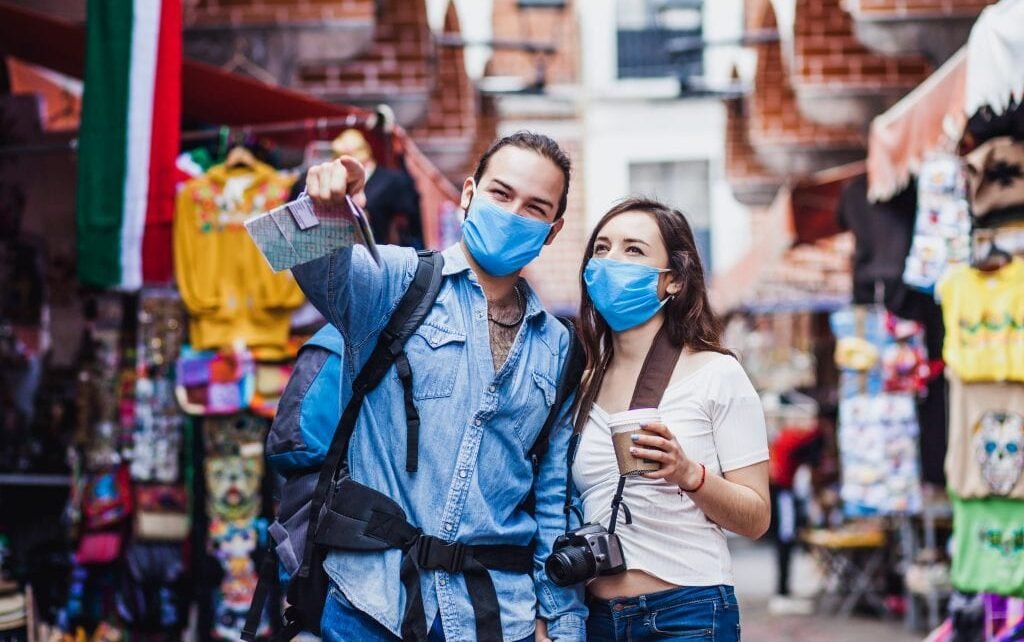By Netpal Travel Bureau
If someone at the end of 2019 would have predicted that all of the world’s cruise lines would have completely shut down operations in early 2020 the industry would have never believed it. But, it happened. Or, if someone predicted that commercial air travel would grind to a halt, the same response would have occurred.
Over the years, since 1973 till date, there have been every kind of disruption one can think of like hyper-inflation, wars, terrorist attacks, bankruptcies, major distribution model transitions and many such more. With every crisis there have been opportunities and financial interruptions. But, the impact of the COVID pandemic has set a new standard on the impact of challenges facing the travel industry.
As mentioned, inflation did cause unions and other labor groups to strike as a way to obtain higher wages to offset the wage loss caused by inflation. This led to an ongoing scenario where it seemed that one group was striking every day and that created havoc for travelers.
The cost of energy wreaks havoc on the travel industry. During oil shortages airlines require passengers to pay “fuel surcharges” when checking in for his or her flights, as do cruise lines.
It is no secret that many travelers have anxiety when considering taking a flight, cruise or other travel related event. And, the COVID pandemic has only made the anxiety that much worse for more people who have spent at least a year not traveling at all.
As the pandemic slowly fades from its impact on travel and the world reopens, it will be very important for travel agents to provide up-to-date knowledge of their niche’s COVID requirements and protocols.
More than ever, the COVID pandemic has taught the value of specializing in a profitable niche. The pandemic also taught consumers the true value of using a travel agent. Consumers trying to change or cancel reservations made directly with the airlines, hotels and resorts and other travel suppliers were on hold for hours and often could not connect only to see his or her investment disappear with no fault of their own.
If you have not embraced the full range of digital marketing opportunities, now is the time to get involved to increase your reach and influence. The pandemic accelerated the move from print, person-to-person and traditional media into a much more digital world.
With over half of the millennial generation earning almost $75,000 and up (2020) per year and becoming the largest generation within the United States with 71.1 million members, or 22percent go the entire U.S. population, the millennial travel market is quickly becoming the most important.
The pandemic has created several completely new trends in travel preferences. The tens of millions of people that went from working in the office to working remotely has created a sea change in where people live and how they want to travel. Here are four of them.
Working remotely has taught millions that they do not necessarily have to work from home, but anywhere that has internet access.
Once there was a stigma on women traveling alone, but that is certainly not the case any longer. Look for solo travel to expand as COVID eases around the world Tens of millions of people realized that they may not need the support of traveling with someone else.
Nomadic travel takes both workations and solo travel to the next level. Working remotely allows people to live like nomads traveling from one country to the next while working all the time.
One of the benefits the pandemic provided was the impact of normal life became apparent as pollution eased. Folks were able to see mountains they hadn’t seen in years, animals returned to habitat they hadn’t been seen at for decades. The impact of pollution from cars, jets and factories became extremely obvious and has created a surge in demand for sustainable travel.
As you can see the COVID pandemic has a significant impact on the travel industry and it will be interesting to see how it all unfolds as we move out of the pandemic.


